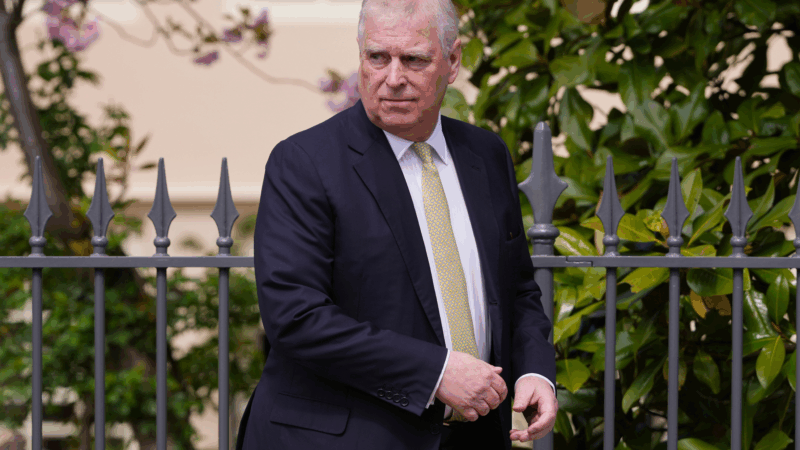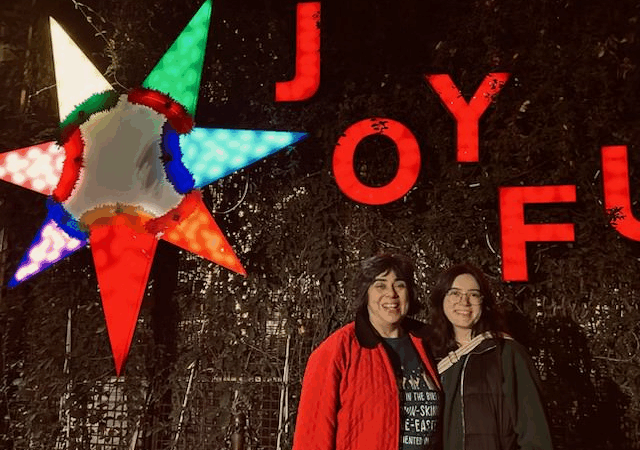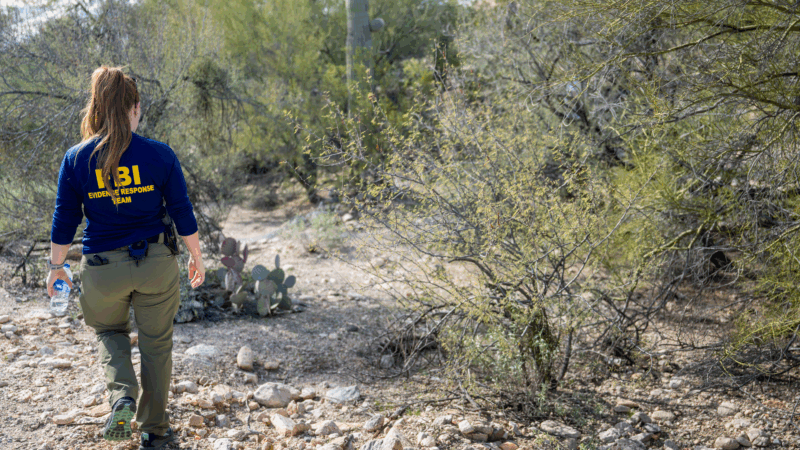Supreme Court blocks part of Florida’s immigration law
The U.S. Supreme Court on Wednesday left in place a lower court decision that blocked part of a Florida law making it a crime for undocumented immigrants to cross into the state. The statute imposed various mandatory prison terms for violating the law.
The high court’s action came in a one sentence order, without any elaboration and without any noted dissents.
Florida Gov. Ron DeSantis signed the state legislation into law in February, and just two months later the law made national headlines when Florida’s Highway Patrol arrested Juan Carlos Lopez-Garcia, an American-born U.S. citizen, for crossing into the state from Georgia. Lopez-Garcia was detained for 24 hours before his release.
Immigrant rights organizations and undocumented immigrants sued, arguing that the new Florida law conflicted with federal immigration law, and under longstanding Supreme Court precedent, states must bow to federal law in the event of such conflicts.
Florida, however, maintained that state legislation is necessary to curb the “evil effects of immigration,” and that state law works in tandem with federal law. Until now, however, the Supreme Court has held that federal law occupies the immigration field if there is a conflict.
Florida is not the first state to pass a law to criminalize illegal immigration, only to be blocked by the federal courts. In recent years, federal judges have blocked similar state efforts in Oklahoma, Iowa, and Idaho—each time deciding that a state law criminalizing illegal immigration would conflict with existing national laws. In 2024, the conservative Fifth Circuit Court of Appeals blocked Texas’s efforts to enforce a similar law.
While Wednesday’s Supreme Court order blocked parts of the Florida law championed by DeSantis, the immigration issue remains a winning proposition for the governor. In May, he announced that in collaboration with the U.S. Department of Homeland Security, Florida led a “first-of-its-kind statewide operation” arresting more than 1,000 undocumented immigrants in less than a week.
That ain’t perfume! Ancient bottle contained feces, likely used for medicine
Researchers found a tiny bottle from ancient Rome that contained fecal residue and traces of aromatics, offering evidence that poop was used medicinally more than 2,000 years ago.
Britain’s former Prince Andrew arrested on suspicion of misconduct in public office
Andrew Mountbatten-Windsor, formerly Prince Andrew, has been arrested on suspicion of misconduct in public office.
Urban sketchers find the sublime in the city block
Sketchers say making art together in urban environments allows them to create a record of a moment and to notice a little bit more about the city they see every day.
Epstein once attended an elite arts camp. Years later, he used it to find his victims
Jeffrey Epstein and Ghislaine Maxwell lavished money on the Interlochen Center for the Arts to gain access, documents show — even funding an on-campus lodge they stayed in. In the process, two teenagers were pulled into their orbit.
An unsung hero stepped in to help a newly widowed mom in a moment of need
Barbara Alvarez lost her husband in 2017, just before their daughter went off to college. Her unsung hero helped her find the strength to be a single mother to her child at a key moment in their lives.
How a recent shift in DNA sleuthing might help investigators in the Nancy Guthrie case
DNA science has helped solve criminal cases for decades. But increasingly, investigative genetic genealogy — which was first used for cold cases — is helping to solve active cases as well.







